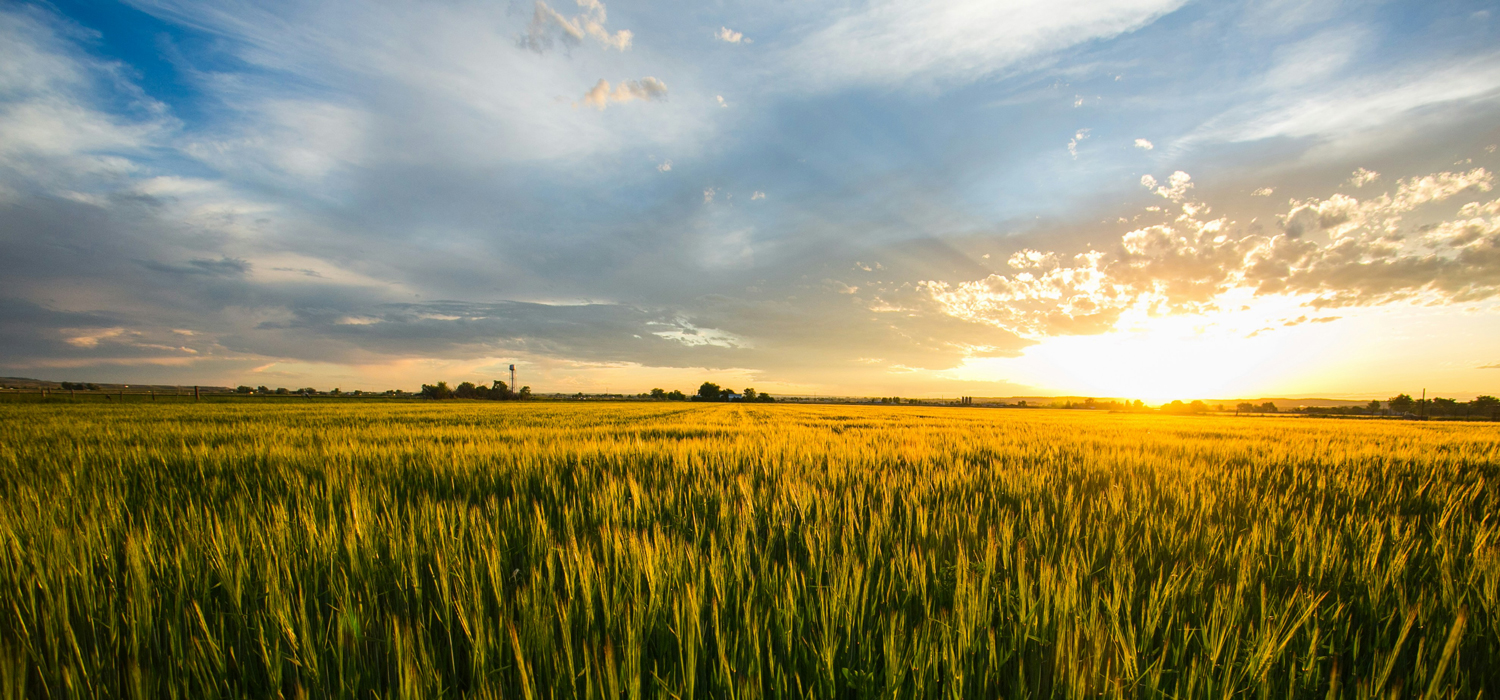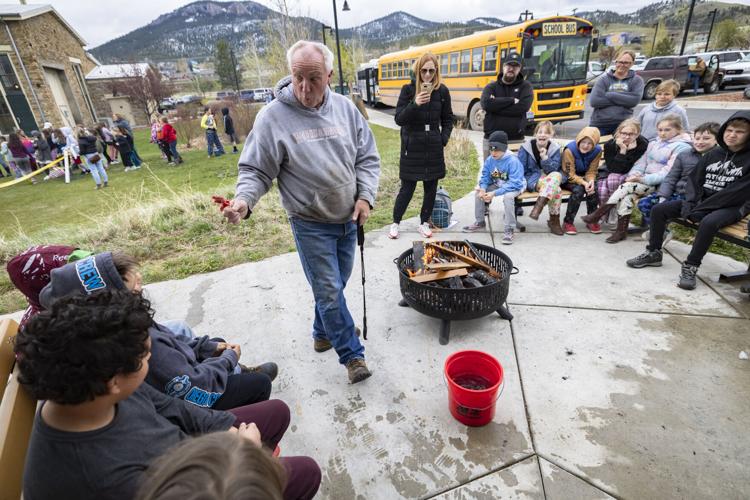
Get ‘Em Outside Mini-Grant Program
MEEA’s Get ‘Em Outside Mini-Grant Program
MEEA’s Get ‘Em Outside Mini-Grant program celebrates the transformative power of environmental education by supporting educators in their efforts to bring learning outdoors. Grants of up to $500 are available to fund projects, supplies, transportation, and more.
This program was created in memory of Emerson Juliette Graham and is dedicated to inspiring both youth and adults to explore, understand, and care for the natural world.
Through this funding, MEEA seeks to foster excellence in environmental education across Montana.
Timeline
- Grant opens November 1.
- Grant closes December 1.
- Winners announced December 15.
- Funds will be distributed as soon as possible.
- Projects completed by May 15.
- Reports due June 15.
The mini-grant applicants should highlight how funds received will enhance students’ connection with a sense of place and hands-on learning experiences. Grant amounts vary from year to year and are made possible by proceeds from our annual conference auction.
Montana schools, homeschools, Tribal entities, nonprofit organizations, and tax-exempt government agencies are eligible to apply. Educators at these organizations are encouraged to apply, either individually or with a team. MEEA membership is not required to apply, but we request that those selected for a grant become members.

FAQs
Q: I am a teacher at a public school, can I apply for this grant?
A: Yes, you can apply for this grant. Both informal program providers, and teachers in a formal education setting are eligible to apply for and receive this grant.
Q: I notice that MEEA is looking for programs that can be considered innovative approaches to environmental and/or outdoor education. What do you consider innovative?
A: Some factors we consider when deciding if a program is innovative are whether they are new programs for the organization or region, whether the program is designed based on current perspectives of best practice, and whether lessons learned from the program might inform program development for other similar organizations in Montana.
Q: What will the reporting requirements be for this grant?
A: All grantees will be asked to submit a final report by June 15 of the grant year. The report is a simple summary of the project, the challenges to implementation, and the successes (including any ways the project will be continued). We also request 2-3 photos of students in action. Final reports can be submitted here.
Q: What kinds of things can the grant funds be used for? Can I purchase food? Pay presenters?
A: Past grants have funded a wide range of program materials, transportation costs, wages and stipends for presenters and program facilitators, and admissions to outside venues. Examples of non-allowable uses of funds include transportation costs for teachers, teacher salaries, and food. If you have any questions regarding allowable uses of funds, please email meeapresident@gmail.com
Q: My project begins soon after the grant award date. How quickly will the funds be available to me if I am successful?
A: This year, decisions will be made by December 15, 2025. The funds will be available within days after that date. Note: a check will be mailed to the address of your organization as indicated in your application.
Q. How many grants are available each year?
A: MEEA is able to offer mini-grants based on the available funding for that year. This year, we have three $500 grants available.
Q. Can I apply for another mini-grant if I have received a grant in past years?
A: Yes, repeat applicants will be considered, as long as the final grant report has been submitted to MEEA for the past grant.
Grant Final Report Guidelines
Your report will help MEEA identify further ways to serve you and other educators in the Montana EE community.
I. NARRATIVE: (maximum of 4 pages, exclusive of attachments)
A. Program Description: briefly describe your program and the goals for your program.
B. Results/Outcomes
- Describe the progress you made in achieving your grant goals and outcomes. (Include information from your grant application for reference.)
- What was your grant impact (e.g. numbers served, evaluation results, etc.)? Note: If you have evaluation materials that document the impacts of your work, please feel free to attach it in lieu of responding to this question.
- Were there any unanticipated results, either positive or negative, that you have not already described in B2 above? If yes, please describe the implications.
- Describe collaborations, if any, related to the work funded by this grant.
C. Lessons Learned
- Describe what you learned when you implemented your program, and what, if any, program or organizational changes you will make based on your results/outcomes.
- Did external or environmental factors (e.g., weather, economic shifts, changes in partner organizations, etc.) affect the impact or timeline of your work? If yes, how did you address these issues?
D. Future Plans
- If you will be continuing this program, what are your plans for sustaining or expanding the program, including a future funding plan? If discontinuing the program, what factors led to this decision?
- Would you be willing to communicate your outcomes and lessons learned with others (i.e. Annual MEEA Conference, news article in MEEA BugNet, etc.)?
- If you have identified areas where increased collaboration between organizations would lead to increased positive outcomes, briefly describe your ideas.
II. FINANCIALS: Submit a brief financial report documenting how you used your grant funding.
III. PHOTOGRAPHS: Please submit photos of your program with this final report, with permission to use the photos publicly, if possible. MEEA would like to have the option to use your photos for future mini-grant promotions.
Please submit your final report to Emily Chilcoat, MEEA, at echilcoat@mtaudubon.org, or send to Emily Chilcoat, MEEA, 3422 Lucky Penny Lane, Billings, MT 59106
Final Reporting Form due June 15.
2025 Winners
We are excited to announce Eureka Public Schools, Wibaux Public Schools, and Soft Landing Missoula as recipients of $500 Mini-Grants this year.
Past Winners
The Prairie from the Stars to Land, Crow Agency Public School
Students will learn about the cultural significance and scientific understanding of star stories from different cultures, specifically from the Crow, Greek, and various tribes in New Mexico, where my class will be doing a cultural exchange with an Indigenous Science School.


Archaeology Day Field Trip, Helena Public Schools – Broadwater Elementary
The Montana Historical Society hosts a free Archaeology Day in April 2025 at Montana Wild in Helena, Montana. At this event, students will participate in and learn about the people in Montana prior to Europeans arriving through hands-on learning. This grant will help pay for bussing for fourth and fifth graders in 4 classes at Broadwater Elementary. Without this funding, our students would not be able to attend this valuable learning experience.
2025 Winners
- Eureka Public Schools
- Wibaux Public Schools
- Soft Landing Missoula
2024 Winners
- Crow Agency Public School
- Helena Public Schools, Broadwater Elementary
- Browning High School
2023 Winners
- Wild Waterfowl Workshops- Montana Wetlands and Waterfowl, Anaconda, Butte and Helena Middle Schools
- Laboratories for Outdoor Learning- Outdoor Education Program, Pioneer School, Billings, MT
- EASY Kids Dig Program- Earth Sciences Foundation Inc, Roundup, MT
2020 Winners
- Browning High School – Wild Clays Program
- Montana Discovery Foundation- Orienteering SnowSchool Program
- Absarokee High Sky- Bats in Our Backyard
2022 Winners
- Kalispell Middle School – Outdoor Science Club
- Powell County 4-H Council – MT 4-H Gone WILD – Wilderness Independence, Learning, and Development
2019 Winners
- Montana Natural History Center – STEEM (Science, Technology, Engineering, ENVIRONMENT, Math)
- Echo Lake Trail Association
- Swan Valley Connections
- Wolf Point Elementary School
2021 Winners
- Self-Guided Tour of the Battlefield- Big Hole National Battlefield
- Student-Run Wildlife Habitat- Missoula County Public Schools (Hawthorne Elementary School)
- Montana Audubon Center Partnership- Crow Agency
- Audubon Naturalist in the Schools program – Montana Audubon Center
2018 Winners
- Gardiner Public Schools
- Crow Agency Public School
- Miles Community College
- Blackfoot Challenge
- Frenchtown School
- Absarokee High School
- Learn Inc. Missoula
2017 Winners
- Montana Natural History Center
- Seeley Swan High School
- Clark Fork Watershed Education Network
- Blackfoot Challenge
2016 Winners
- Montana Outdoor Science School. Snow School
- Ronan School. Montana Natural History Center Visiting Naturalist in the Schools Program
- Gallatin Valley Farm to School. Seed to Snack Garden Explorer Camp
- Linderman Elementary. Big Creek Discovery School with The Glacier Institute
- Helena Homeschool Enrichment Co-op: Life Science Seminar
